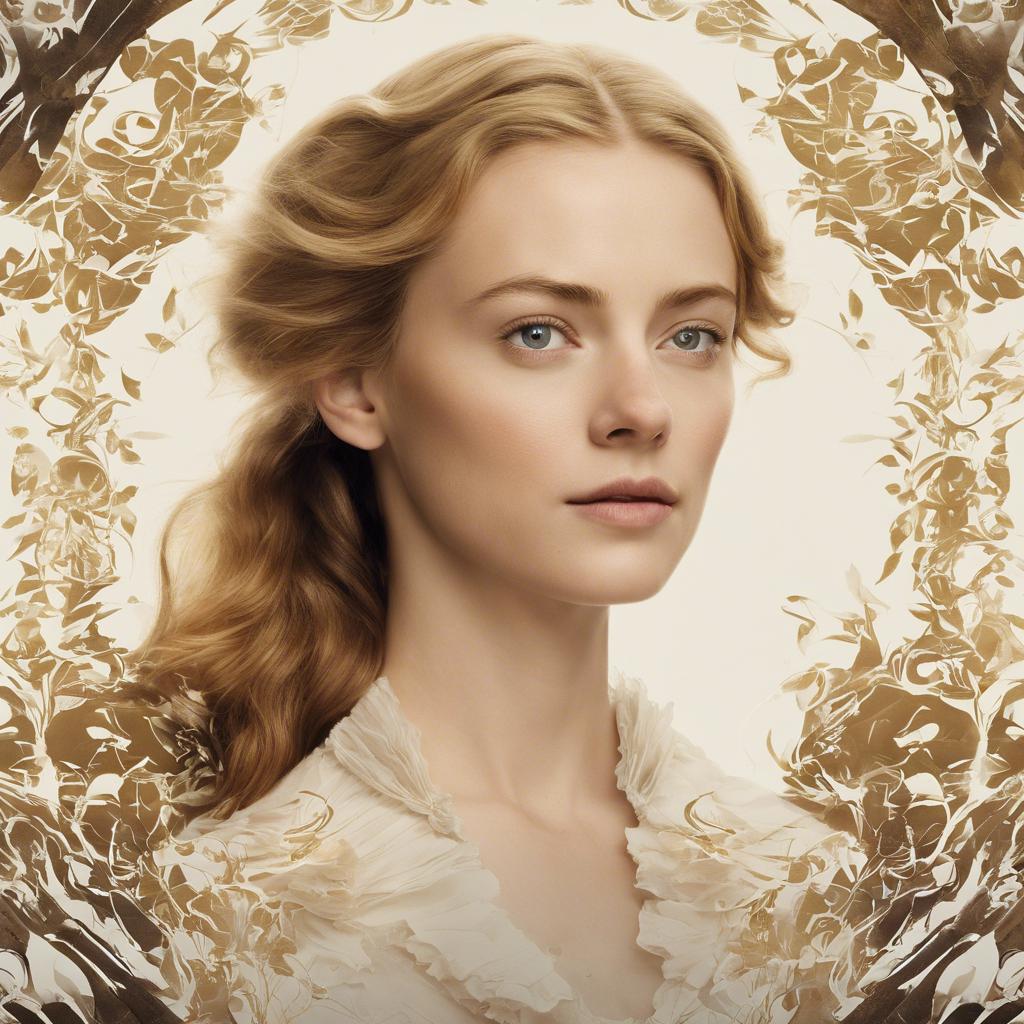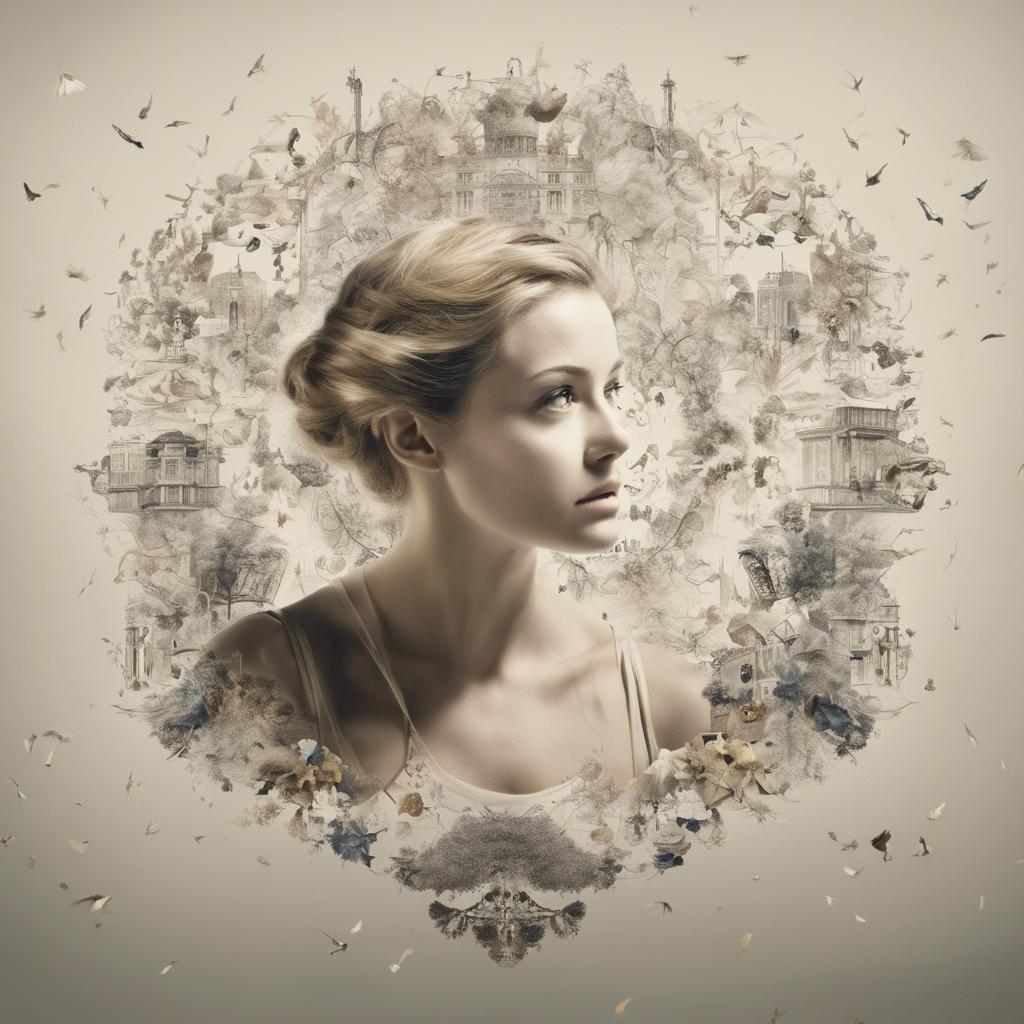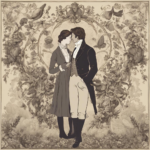In the annals of classic cinema, few films hold as enduring a presence as “Emma.” Released in 1996, this adaptation of Jane Austen’s beloved novel of the same name has captivated audiences for over two decades. As a timeless portrayal of love, society, and self-discovery in Regency-era England, “Emma” stands as a testament to the enduring popularity of Austen’s work and the artistry of its filmmakers. Let us journey back in time to explore the enduring legacy of this cinematic masterpiece.
Step Into the World of Cheryl Bolen
Dive into the enchanting stories of love, intrigue, and elegance set in the Regency Era. Cheryl Bolen's novels offer timeless romance and captivating tales that will leave you wanting more.
Explore Cheryl Bolen's Books Now
Overview of Emma: A Cinematic Adaptation of a Classic Novel
Set in the 19th century, Emma is a timeless tale of love, friendship, and social status. The recent cinematic adaptation of this classic novel brings Jane Austen’s beloved characters to life on the big screen. With stunning cinematography and a talented cast, the film captures the essence of Austen’s original work while adding a modern twist.
One of the standout features of Emma is its attention to detail in recreating the Regency era setting. From elaborate costumes to opulent ballrooms, every aspect of the film transports viewers back in time to the world of the novel. The production design and set decoration are meticulously crafted to immerse audiences in the society and culture of Austen’s time.
The film’s captivating storyline follows the misadventures of the titular character, Emma Woodhouse, as she navigates the complexities of love and social expectations. With a mix of humor, drama, and romance, Emma offers a compelling narrative that appeals to both fans of the original novel and newcomers to Austen’s work. The film’s exquisite visuals and engaging performances make it a must-see for anyone who appreciates a well-crafted period drama.
In-depth Analysis of Character Development and Relationships in Emma
One of the key aspects of character development in the film Emma is the transformation of the protagonist, Emma Woodhouse. Through various events and interactions with other characters, Emma evolves from a self-absorbed and meddling young woman into a more mature and self-aware individual. This growth is particularly evident in her relationships with others, such as her close friend Harriet Smith and the enigmatic Mr. Knightley.
Emma’s relationship with Harriet serves as a driving force for much of the film’s plot. Initially, Emma sees herself as a mentor to Harriet, guiding her friend’s romantic pursuits and social interactions. However, as the story unfolds, Emma comes to realize the consequences of her actions and learns the importance of considering others’ feelings and desires. This dynamic relationship underscores Emma’s journey towards self-discovery and personal growth.
Another pivotal relationship in Emma is her complicated dynamic with Mr. Knightley. As a family friend and neighbor, Mr. Knightley serves as both a voice of reason and a romantic interest for Emma. Their evolving relationship is marked by witty banter, mutual respect, and underlying affection. Through their interactions, Emma and Mr. Knightley challenge and support each other, ultimately leading to a deeper understanding of themselves and their feelings.
Exploring the Visual Aesthetics and Costume Design in Emma
From the grand ballrooms to the charming cottages of Highbury, the visual aesthetics of Emma invite viewers into the Regency era of Jane Austen’s novel. The film’s cinematography captures the lush English countryside in all its glory, with sweeping landscapes and picturesque settings that transport audiences back in time. The attention to detail in the set design, from the elegant interiors of Hartfield to the quaint village streets, immerses viewers in the world of Emma Woodhouse.
The costume design in Emma is a feast for the eyes, with exquisite attention to period accuracy and style. From the intricate embroidery on Emma’s gowns to the dashing waistcoats of Mr. Knightley, each costume is a work of art that adds to the overall visual appeal of the film. The vibrant colors and luxurious fabrics reflect the social status and personalities of the characters, enhancing the storytelling through visual cues.
One of the standout elements of the visual aesthetics in Emma is the use of symbolism and motifs in the set design and costumes. For example, the recurring motif of flowers throughout the film represents the themes of romance, femininity, and growth. The elaborate hairstyles and accessories worn by the female characters also serve as symbolic representations of their personalities and social standing. These subtle yet powerful visual cues add depth and complexity to the characters and the story.
Recommendations for Fans of Period Dramas and Literature Enthusiasts
For those who appreciate the charm and elegance of period dramas and have a passion for literature, the film adaptation of ”Emma” is a must-watch. Directed by Autumn de Wilde and based on Jane Austen’s classic novel, this cinematic masterpiece brings to life the wit, romance, and social intricacies of early 19th century England.
Starring Anya Taylor-Joy in the titular role, “Emma” captures the essence of Austen’s beloved character with grace and humor. From the stunning costumes to the exquisite set design, every detail in the film transports viewers to a bygone era where manners and matchmaking reign supreme.
Whether you’re a fan of Austen’s works or simply enjoy a well-crafted period piece, “Emma” is sure to captivate and delight. So grab a cup of tea, settle in your favorite armchair, and immerse yourself in the world of Regency England with this enchanting film.
In Summary
“Emma” is a timeless cinematic masterpiece that beautifully captures the essence of Jane Austen’s classic novel. Through its stunning cinematography, impeccable direction, and stellar performances, the film brings to life the manners, society, and romance of Regency-era England with unparalleled grace and sophistication. As we bid farewell to this exquisite adaptation, let us continue to be inspired by its timeless themes of love, growth, and self-discovery. Emma may have been written over two centuries ago, but its message remains as relevant and captivating as ever. So, let us cherish and celebrate this cinematic gem, for it truly exemplifies the enduring power and beauty of Austen’s beloved work.


